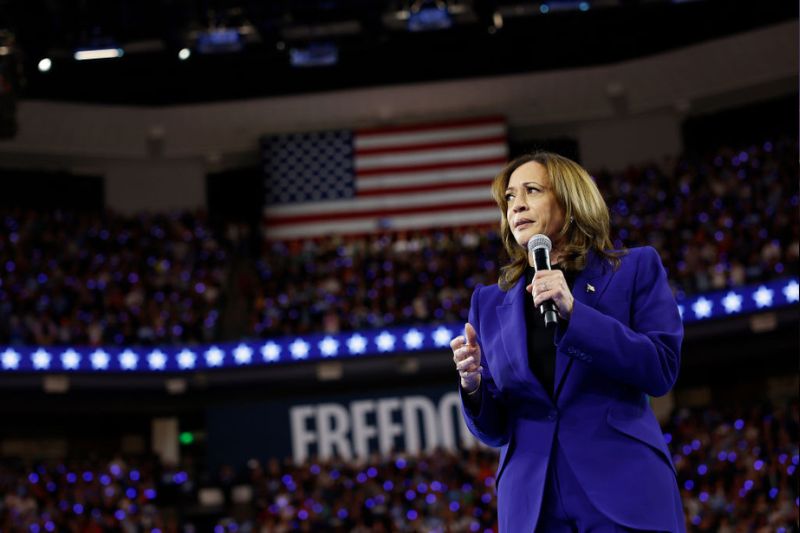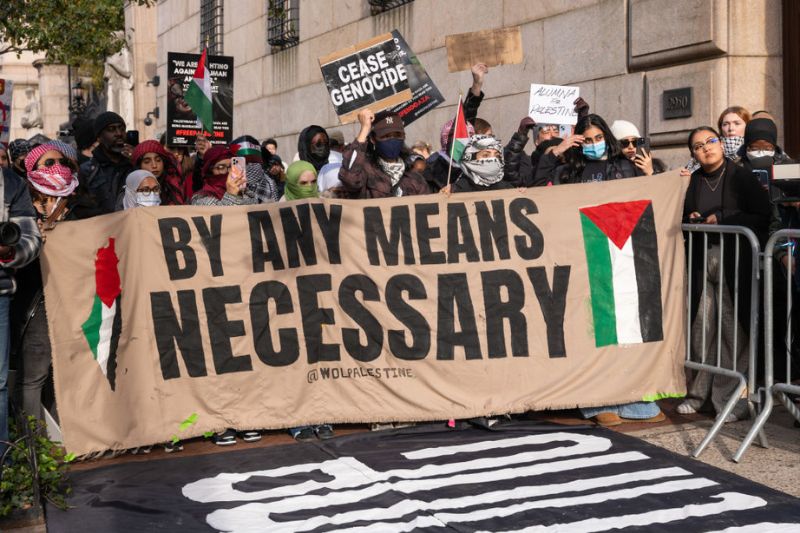Keywords: Social Inclusion
-

RELIGION
- Justin Glyn
- 30 November 2024
2 Comments
The Synod on Synodality has quietly rewritten the Church’s relationship with disability, shifting from a legacy of marginalisation to a vision of equality and dignity. This historic move acknowledges past failings while championing the rights of disabled people as full participants in faith and society. But does the rhetoric match reality?
READ MORE
-

AUSTRALIA
- Kevin Bell
- 29 November 2024
2 Comments
With unaffordable housing pushing families into impossible choices, homelessness affecting 120,000 people, and systemic inequities deepening, we must ask: What kind of society do we want to build — and for whom?
READ MORE 
-

AUSTRALIA
- Andrew Hamilton
- 25 November 2024
4 Comments
Social Inclusion Week invites reflection on our shared humanity amidst deep divides. From childhood cliques to culture wars, the tension between inclusion and exclusion is a paradox rooted in belonging. Can we overcome fear and forge connections across difference, or will anxiety keep us apart? The answer shapes our society’s future.
READ MORE
-

RELIGION
- Joanna Thyer
- 07 November 2024
3 Comments
At the World Synod in Rome, four women joined to advocate for ordaining women as deacons. Though the topic remains off the table officially, the message highlights the Church’s internal conflict between traditional values and growing calls for inclusion and change.
READ MORE
-

AUSTRALIA
- Erica Cervini
- 04 September 2024
4 Comments
While women-only spaces have long been seen as essential, the verdict raises questions about inclusivity and the potential for compromise. Is it possible to balance gender equality with the need for safe, exclusive spaces?
READ MORE
-

INTERNATIONAL
- Sarah Klenbort
- 21 August 2024
2 Comments
For a nation ‘conceived in liberty’, much of how this U.S. election will play out will hinge on different understandings of the word ‘freedom’, a term that has two distinct and separate meanings depending on whether the person you’re asking votes red or blue.
READ MORE
-

EDUCATION
- Jacinta Collins
- 20 August 2024
11 Comments
As the discourse surrounding religious freedom in Australia becomes increasingly contentious, especially in the context of schooling, we must address the growing perception that holding religious beliefs and values — and making choices based on them — is somehow discriminatory or at odds with modern society.
READ MORE
-

AUSTRALIA
- Barry Gittins
- 10 July 2024
4 Comments
How do you respond, when members of your own tribe share their distaste towards those who rub them up the wrong way? Do you ‘unfollow’? Do you engage? And if you vent against those who who offend with their own dearth of tolerance, are you guilty of doing the same?
READ MORE
-

AUSTRALIA
- Kerry Murphy
- 05 July 2024
There is no doubt that laws for determining refugee status and onshore protection are complex. The cases of NZYQ and ASF17 demonstrate that when laws regarding asylum and protection intersect with laws regarding character and protection of the community, the results can be extremely messy.
READ MORE 
-

AUSTRALIA
- Anthony N Castle
- 04 July 2024
The National Autism Strategy is the first coordinated national approach designed to support autistic people at each stage of life. But the draft strategy’s lack of conclusions has provoked some frustration and unless more autistic people are truly heard we won’t arrive at the practical solutions they need.
READ MORE
-

EDUCATION
- Erica Cervini
- 08 May 2024
9 Comments
Echoing their US counterparts, many Australian universities have also set up Gaza solidarity encampments with flags and signs like ‘From the River to The Sea Palestine Will Be Free’. Jewish students and staff have begun telling stories about feeling intimidated on campus.
READ MORE
-

AUSTRALIA
- Michael McVeigh
- 28 March 2024
How do we live and work happily together with people whose views on the world and human nature are fundamentally different to our own? Can different beliefs within organisations be lived with, or even celebrated, without necessarily undermining the organisation’s own core mission?
READ MORE